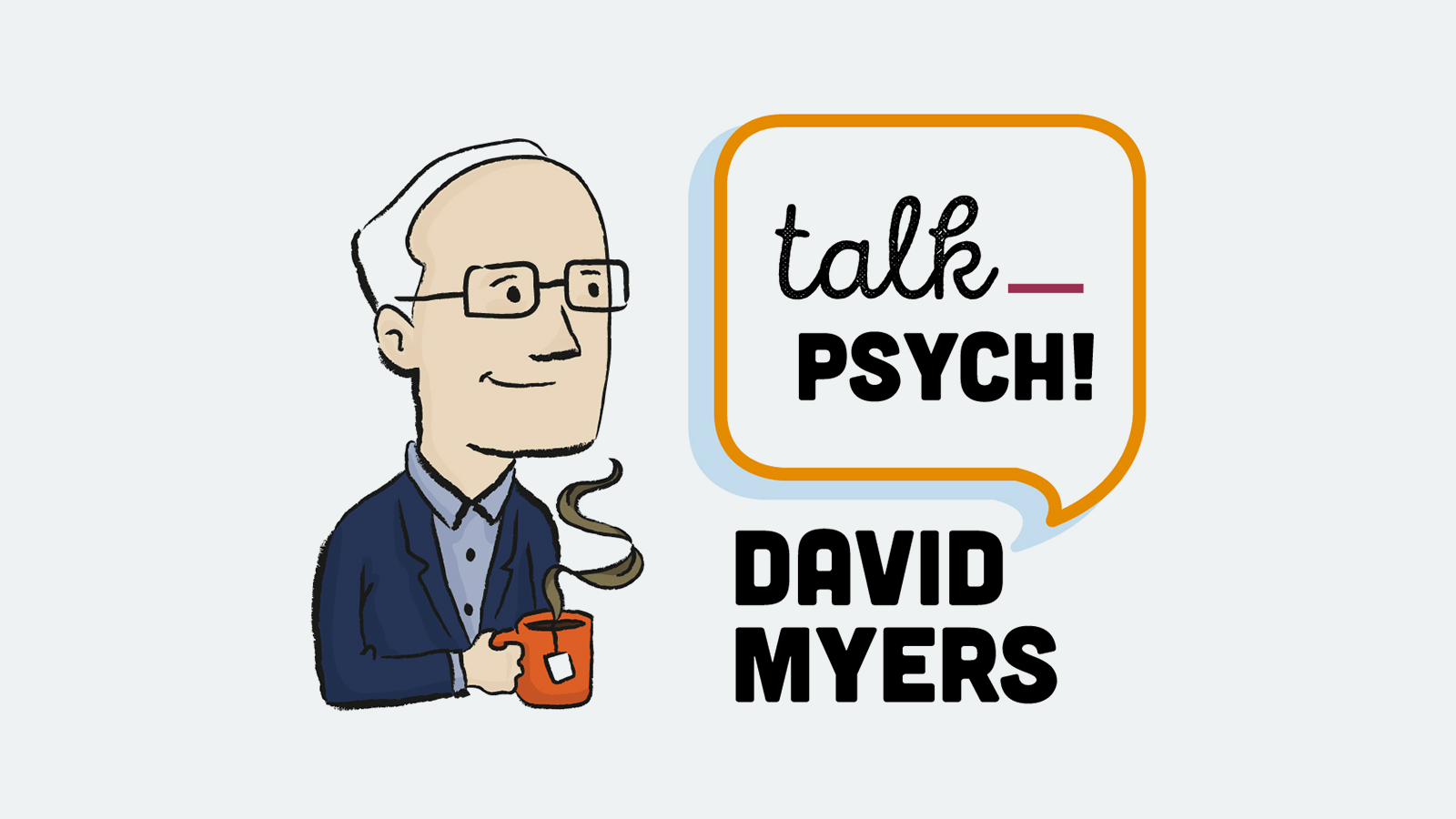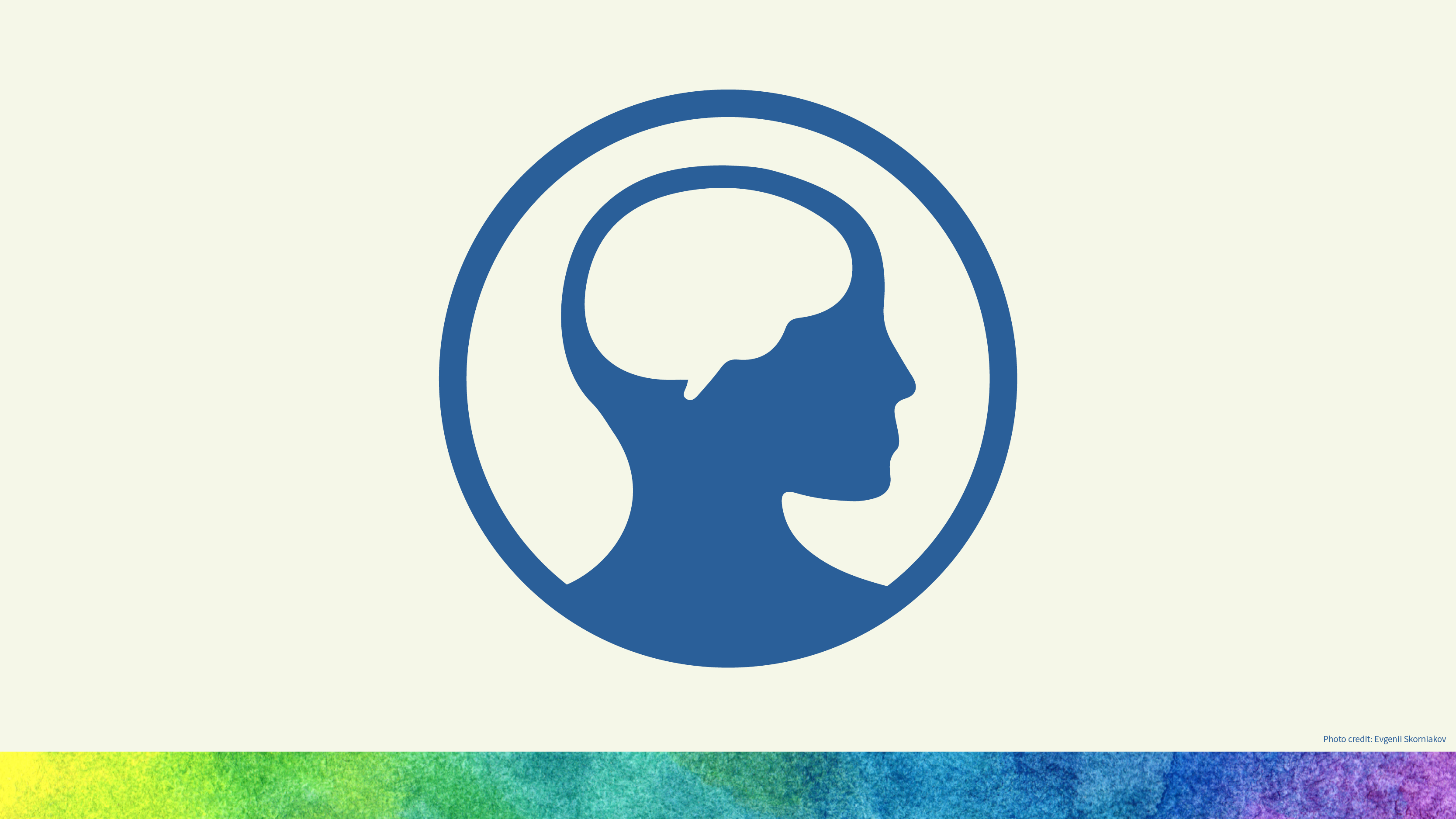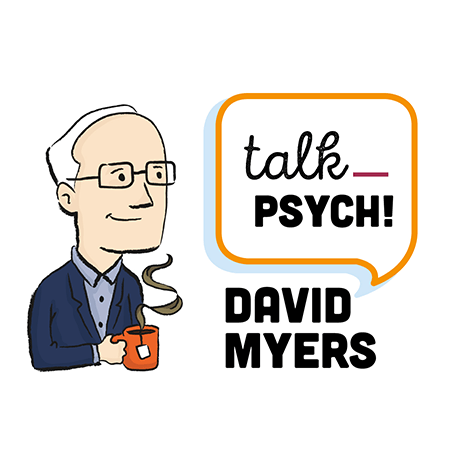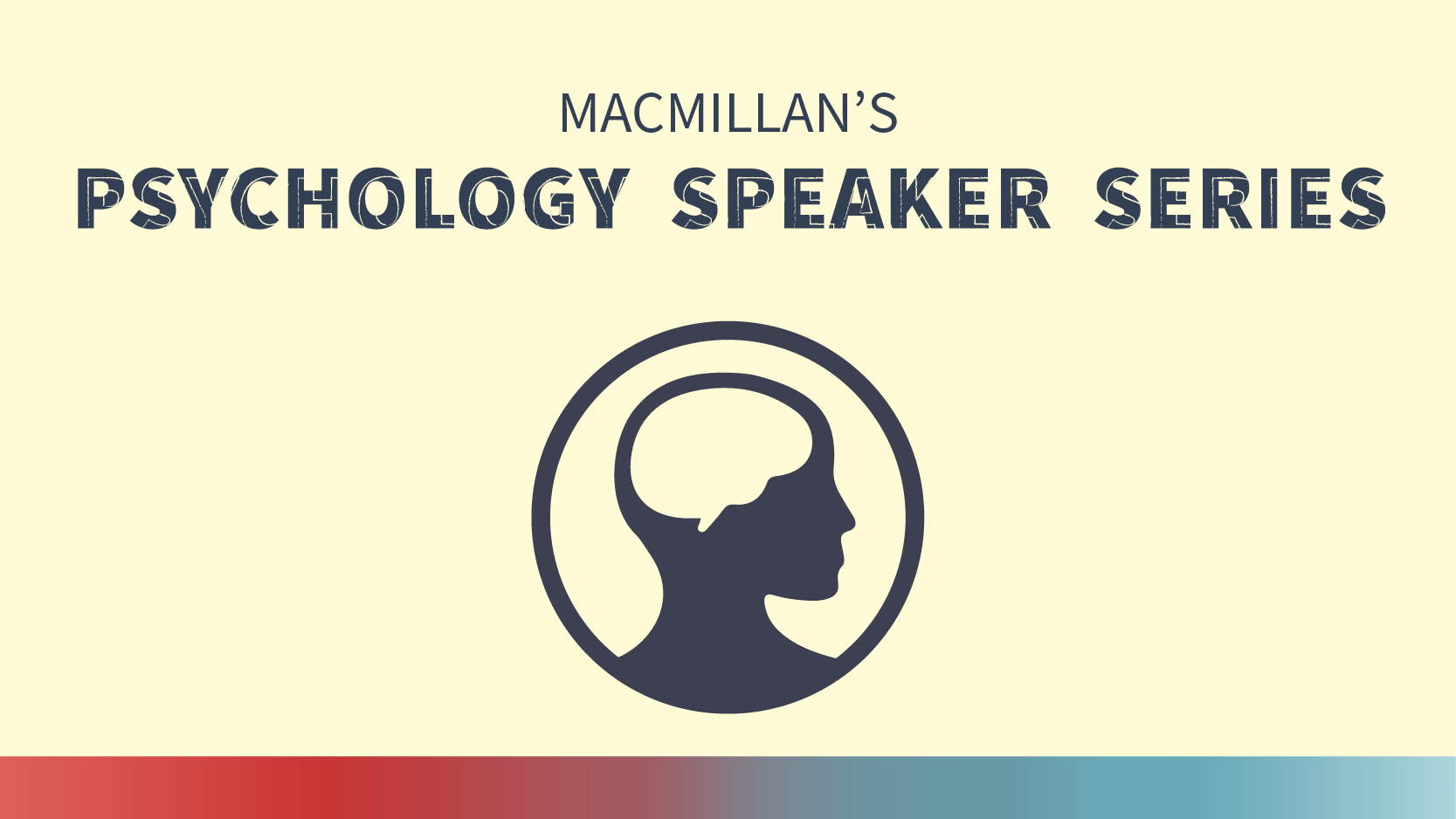-
About
Our Story
back- Our Mission
- Our Leadershio
- Accessibility
- Careers
- Diversity, Equity, Inclusion
- Learning Science
- Sustainability
Our Solutions
back
-
Community
Community
back- Newsroom
- Webinars on Demand
- Digital Community
- The Institute at Macmillan Learning
- English Community
- Psychology Community
- History Community
- Communication Community
- College Success Community
- Economics Community
- Institutional Solutions Community
- Nutrition Community
- Lab Solutions Community
- STEM Community
- Newsroom
- Webinars on Demand
- Digital Community
- The Institute at Macmillan Learning
- English Community
- Psychology Community
- History Community
- Communication Community
- College Success Community
- Economics Community
- Institutional Solutions Community
- Nutrition Community
- Lab Solutions Community
- STEM Community
- Newsroom
- Webinars on Demand
- Digital Community
- The Institute at Macmillan Learning
- English Community
- Psychology Community
- History Community
- Communication Community
- College Success Community
- Economics Community
- Institutional Solutions Community
- Nutrition Community
- Lab Solutions Community
- STEM Community
- Newsroom
- Webinars on Demand
- Digital Community
- The Institute at Macmillan Learning
- English Community
- Psychology Community
- History Community
- Communication Community
- College Success Community
- Economics Community
- Institutional Solutions Community
- Nutrition Community
- Lab Solutions Community
- STEM Community
- Newsroom
- Macmillan Community
- :
- Psychology Community
- :
- Psychology Blog
Psychology Blog
Options
- Mark all as New
- Mark all as Read
- Float this item to the top
- Subscribe
- Bookmark
- Subscribe to RSS Feed
Psychology Blog
Showing articles with label Stress and Health.
Show all articles
Author
04-20-2018
08:56 AM
The teen years are, for many, a time of rewarding friendships, noble idealism (think Parkland), and an expanding vision for life’s possibilities. But for others, especially those who vary from teen norms, life can be a challenge. Nonheterosexual teens, for example, sometimes face contempt, harassment, or family rejection. And that may explain their having scored higher than other teens on measures of anxiety, depression, and suicidal thoughts and attempts (see here, here, here, and here). But many of these findings are based on older data and don’t reflect the increasing support of gay partnerships among North Americans and Western Europeans. In U.S. Gallup polls, for example, support for “marriages between same-sex couples” soared from 27 percent in 1996 to 64 percent in 2017. So, have the emotional challenges of being teen and gay persisted? If so, to what extent? I’ve wondered, and recently discovered, an answer in the 2015 data from the annual UCLA/Higher Education Research Institute American Freshman survey (of 141,189 entering full-time students at a cross-section of U.S. colleges and universities). The news is mixed: Most gay/lesbian/bisexual frosh report not having struggled with depression. Being gay or lesbian in a predominantly heterosexual world remains, for a significant minority of older teens, an emotional challenge. Can we hope that, if attitudes continue to change, this depression gap will shrink? In the meantime, the American Psychological Association offers youth, parents, and educators these helpful resources for understanding sexual orientation and gender identity, including suggestions for how “to be supportive” of youth whose sexual orientation or gender identity differs from most others.
... View more
Labels
-
Abnormal Psychology
-
Gender
-
Stress and Health
0
0
3,269
Author
10-11-2017
02:04 PM
We humans have an overwhelming fear of death. That’s the core assumption of “terror management theory.” It presumes that, when confronted with reminders of our mortality, we display self-protective emotional and cognitive responses. Made to think about dying, we self-defensively cling tightly to our worldviews and prejudices. On the assumption that dying is terrifying—that death is the great enemy to be avoided at all costs—medicine devotes enormous resources to avoiding death, even to extending life by inches. And should we be surprised? I love being alive and hope to have miles of purposeful life to go before I sleep. So, do we have the worst of life yet to come? Are we right to view life’s end with despair? Two psychological science literatures reassure us: The first: The stability of well-being. Across the life span, people mostly report being satisfied and happy with their lives. Subjective well-being does not plummet in the post-65 years. In later life, stresses also become fewer and life becomes less of an emotional roller coaster. The second: Human resilience. More than most people suppose, we humans adapt to change. Good events—even a lottery win—elate us for a time, but then we adapt and our normal mix of emotions returns. Bad events—even becoming paralyzed in an accident—devastate us, but only for a while. Both pleasures and tragedies have a surprisingly short half-life. Facing my increasing deafness, the reality of resilience is reassuring. And now comes a third striking finding: Dying is less traumatic than people suppose. Amelia Goranson and her colleagues examined blog posts of terminally ill cancer and ALS patients, and last words of death row inmates before their execution. Others, asked to simulate those posts and words, overly expressed messages filled with despair, anger, and anxiety. More than expected—and increasingly as death approached—the actual words of the dying expressed social connection, love, meaning, and faith. Goranson and her colleagues presume (though it remains to be shown) that the same acceptance and positivity will be exhibited by those dying at the more expected time on the social clock—very late in life, when people (despite stereotypes of grumpy old men) tend to focus on the positive. Thus, conclude the researchers, “death is more positive than people expect: Meeting the grim reaper may not be as grim as it seems.”
... View more
Labels
-
Developmental Psychology
-
Stress and Health
3
0
3,737
Expert
07-09-2017
04:17 PM
Do you remember life before the Internet? Do you remember when you first got dial up? And then when cable internet first came along? And each time we were so excited. And then the excitement faded. Whatever change we experienced soon became the new normal. This is called adaptation-level phenomenon. In 2015, Louis C. K., on Conan, gave us several good examples of adaptation-level phenomenon. He said, “Everything is amazing right now, and nobody‘s happy.” He blames it on the current generation. I blame it on being human. After playing this 4-minute clip for your students, ask your students to work in pairs or small groups to generate other examples that illustrate adaptation-level phenomenon. Ask volunteers to share their examples. Video Link : 2041 Vacuum cleaners? They were originally billed as a labor-saving device. But we adapted to them pretty quickly, and the end result? Standards of cleanliness went up. Washing machines? Same thing (Roy, 2016). [Shout out to my sister, Carol Laughlin, for sending me the video!] Reference Roy, R. (2016). Consumer product innovation and sustainable design: The evolution and impacts of successful products. London: Routledge, Taylor & Francis Group.
... View more
Labels
-
Stress and Health
3
0
21.4K
Expert
01-29-2017
11:01 AM
Have you expanded the amount of positive psychology you cover in Intro Psych? Here’s an in-class activity to get students to consider their happiness and the happiness of others around the world. Ask students, “What is the happiness country in the world?” Before they answer, ask students to consider how such a thing could be measured. Give students a minute or two to jot down some ideas, then ask students to turn to one or two nearby students to share ideas. After a couple minutes of sharing ask for a few volunteers to share their ideas. Researchers (Helliwell, Layard, & Sachs, 2016) looked at Gross Domestic Product (GDP) per capita (World Bank data), “healthy life expectancy” (World Health Organization data), social support, freedom of choice, generosity, perceptions of corruption, and self-report on yesterday’s positive and negative affect (all from Gallup World Poll data). From these data, researchers calculated scores for 157 countries. Ask students to guess which country is the happiest. The answer: Denmark. Switzerland, Iceland, Norway, and Finland round out the top 5. Canada is number 6. The United States? Number 13. Why is Denmark so happy? The Danes and Dana Dunn (2017) will tell you it is (at least partially) because of the concept of hygge (HOO-gah) -- cozy. “Danes burn 13 pounds of [unscented] candle wax a person a year, doing so even in classrooms and office buildings” (Green, 2016). “How to get hygge? Go home and stay there, preferably in your hyggekrog – a.k.a. ‘cozy nook’ – wrapped in a blanket, drinking a cup of coffee and watching a Danish police procedural about a serial killer with your friends” (Green, 2016). Ask your students to take a couple minutes to think about whether they have hygge in their own lives. If so, what does it look like? If not, what might it look like? Then give students a couple minutes to share their hygge experiences with one or two other students. Following this short discussion, ask for volunteers to share with the class. References Dunn, D. (2017, January). Quotidian positive psychology: Helping students seek strengths and apply what they learn. Paper presented at the National Institute on the Teaching of Psychology, St. Petersburg Beach, FL. Green, P. (2016, December 24). Move over, Marie Kondo: Make room for the hygge hordes. Retrieved from https://www.nytimes.com/2016/12/24/fashion/wintering-the-danish-way-learning-about-hygge.html Helliwell, J., Layard, R., & Sachs, J. (2016). World Happiness Report 2016, Update (Vol. I). New York: Sustainable Development Solutions Network.
... View more
Labels
-
Emotion
-
Stress and Health
0
0
4,302
Expert
01-13-2016
04:00 AM
As a psychology instructor it is clear to you the myriad ways in which psychology can be used to both understand social issues and speak to solutions. In fact, the APA Guidelines for the Major (2013; see below) encourages us to help our students see the same. Debra Mashek (2016) suggests a few assignments that provide our students opportunities to connect psychology with today’s social issues. Integrative essay The instructor chooses three articles (interesting, nifty methodology, and not too difficult for students to understand – but on the surface may not have anything obviously to do with each other), and assigns one of those articles to each student, i.e. 1/3 of the class gets article A, 1/3 gets article B, and 1/3 gets article C. Each student writes a one-page summary of their assigned article and brings that with them to class. The class breaks up into groups of three, where the groups are composed of students who have all read different articles. In a jigsaw classroom format, the students tell the others in their three-person group about their article. Students then “articulate an applied question that invites application of ideas from all the articles.” Each 3-person group then co-authors a short paper (two to three pages) that identifies their applied question and how each of the three articles speak to that question. Persuasion research activity Right after Hurricane Katrina, Mashek decided she wanted her Intro Psych students to experience psychological research firsthand while also contributing to the relief effort. Mashek gave a brief lecture on foot-in-the-door, door-in-the-face, and reciprocity. She randomly assigned ¼ of students to foot-in-the-door, ¼ to door-in-the-face, ¼ reciprocity (she gave these students lollipops to hand to people before asking for a donation), and ¼ to a command condition (“give money”). During that same class period students were sent out in pairs to different areas of campus to return an hour later. Thirty-five students collected $600. Students reported a greater connection to the victims of Katrina after they returned than they reported before they left. Mashek used this experience as a leaping off point for discussing research methodology in the next class session. Current headline classroom discussion Pick a current headline. Break students into small groups, perhaps as an end of class activity, and give them one or two discussion questions based on the current chapter you are covering that are relevant to the headline. For example, if you are covering the social psychology chapter in Intro Psych, give students this headline from the January 9, 2016 New York Times: “Gov. Paul LePage of Maine Says Racial Comment Was a ‘Slip-Up’.” This is a short article, so you could ask students to read the article itself. Sample discussion questions: (1) What evidence is there of ingroup bias? (2) Do Gov. LePage’s comments illustrate stereotyping, prejudice, and/or discrimination? Explain. If time allows, student groups can report out in class. Alternatively, this could be a group writing assignment or a scribe for the group could post a summary of the group’s responses to a class discussion board. Students will gain an appreciation of the scope of psychology and how it is relevant to today’s social issues. This activity throughout the course should help students, after the course, to continue to see psychology at play. The APA Guidelines for the Major (2013) include these indicators related to social issues: 1.3A Articulate how psychological principles can be used to explain social issues, address pressing societal needs, and inform public policy 3.3c Explain how psychology can promote civic, social, and global outcomes that benefit others 3.3C Pursue personal opportunities to promote civic, social, and global outcomes that benefit the community. 3.3d Describe psychology-related issues of global concern (e.g., poverty, health, migration, human rights, rights of children, international conflict, sustainability) 3.3D Consider the potential effects of psychology-based interventions on issues of global concern American Psychological Association. (2013). APA guidelines for the undergraduate psychology major: Version 2.0. Retrieved from http://www.apa.org/ed/precollege/undergrad/index.aspx Mashek, D. (2016, January 4). Bringing the psychology of social issues to life. Lecture presented at National Institute on the Teaching of Psychology in Tradewinds Island Grand Resort, St. Petersburg Beach. Seelye, K. Q. (2016, January 9). Gov. Paul LePage of Maine Says Racial Comment Was a 'Slip-up'. The New York Times. Retrieved January 9, 2016, from http://www.nytimes.com/politics/first-draft/2016/01/08/gov-paul-lepage-of-maine-denies-making-racist-remarks
... View more
Labels
-
Abnormal Psychology
-
Cognition
-
Consciousness
-
Developmental Psychology
-
Emotion
-
Evolution
-
Gender
-
Genetics
-
History and Systems of Psychology
-
Industrial and Organizational Psychology
-
Intelligence
-
Learning
-
Memory
-
Motivation
-
Nature-Nurture
-
Neuroscience
-
Personality
-
Research Methods and Statistics
-
Sensation and Perception
-
Social Psychology
-
Stress and Health
0
0
8,713
Topics
-
Abnormal Psychology
5 -
Achievement
2 -
Affiliation
1 -
Cognition
9 -
Consciousness
13 -
Current Events
6 -
Development Psychology
9 -
Developmental Psychology
12 -
Drugs
4 -
Emotion
19 -
Evolution
1 -
Gender
4 -
Gender and Sexuality
3 -
Genetics
2 -
History and System of Psychology
4 -
History and Systems of Psychology
2 -
Industrial and Organizational Psychology
15 -
Intelligence
1 -
Learning
26 -
Memory
10 -
Motivation
4 -
Motivation: Hunger
1 -
Nature-Nurture
2 -
Neuroscience
15 -
Personality
11 -
Psychological Disorders and Their Treatment
9 -
Research Methods and Statistics
41 -
Sensation and Perception
15 -
Social Psychology
45 -
Stress and Health
5 -
Teaching and Learning Best Practices
30 -
Thinking and Language
9 -
Virtual Learning
7
- « Previous
- Next »
Popular Posts








